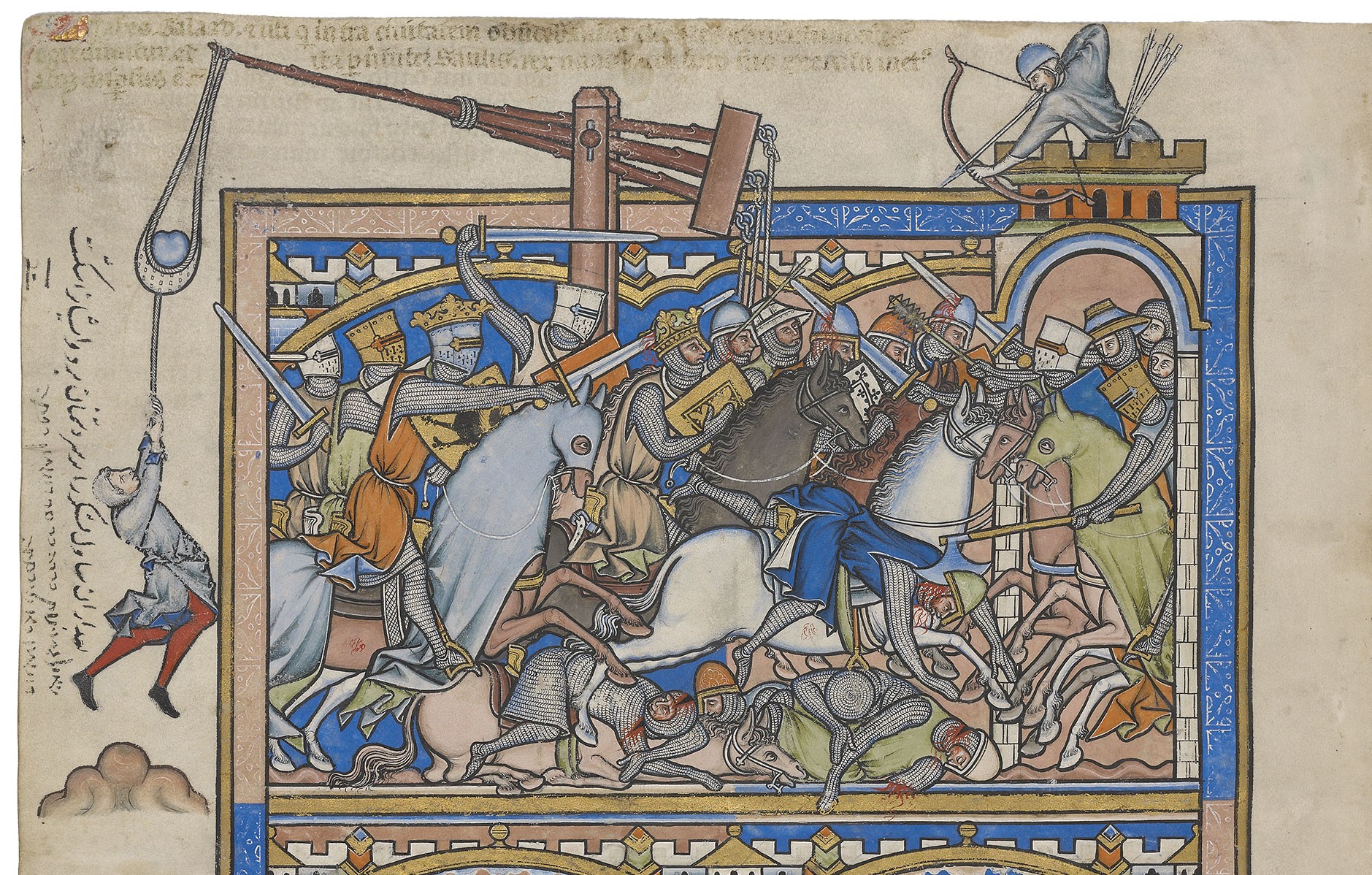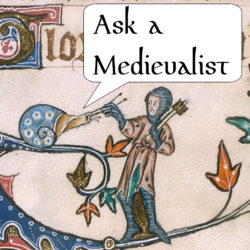Synopsis
When did the conclave system get started and why? Following on the heels (uh, vaguely) of our emergency popecast, Em and Dr. Jesse discuss history of papal elections and how the Church got to where it is.
Notes
Saints and Sinners: A History of the Popes, by Eamon Duffy. 4th ed. Yale University Press, 2015.
1/ We recorded this in February 2024; Benedict died on the 31st of December, 2022. He was 95. JPII lived to 84 (d. 2005) and Francis was 88. [Benedict XVI was the former head of the Dicastery or Congregation for the Doctrine of the Faith, the formerly known as the Congregation of the Inquisition. –Jesse]
Celestine V (c.1210/15–1296; pope July 5–December 13 1294)
Gregory XII (c1327–1417; pope 1406–1415, resigns to end schism)
Pope John XXIII (1881–1963, pope 1958–1963) called the Second Vatican Council (1962–1965).
Pisan Antipope John XXIII (d.1419; pope 1410–1415)
2/ I’m sure some of this background on the various popes and especially Francis is a repeat from last episode. If you took good notes and don’t need a reminder, I’m sorry.
3/ “Eventually they get found liable for their sayings.” I have no idea what politician that was a dig at. I’m pretty sure that the “mayors of major cities who get more say than the governor” is probably a reference to the mayor of NYC vs the NY governor?
4/ For more on the Ottonian Dynasty!
5/ You can actually still become a married male priest in the Holy Roman Catholic and Apostolic Church by: first becoming a pastor in another denomination, getting married there (and a certain amount of time elapsing), and then converting to Catholicism and applying to become a priest. (This requires your wife’s consent, apparently. In case you were wondering if women ever got asked to consent to anything in Christianity. There is one thing.)
You can also become a priest if you’re a widower.
6/ Gregory VII (c1015–1085; pope 1073–1085)
Peter Damian (c1007–1072)
7/ Pope Paul I (pope 757–767)
Antipope Constantine II (pope 767–769)
Antipope Philip (pope only one day, July 31, 768)
Pope Stephen III (c720–772; pope 768–772)
Pope Adrian I (pope 772–795)
8/ Stephen IX (c1020–1058; pope 1057–1058)
Antipope Benedict X (pope 1058–1059)
Pope Nicholas II (c. 990/95–1061; pope 1058/9–1061)
Podcast: Play in new window | Download

